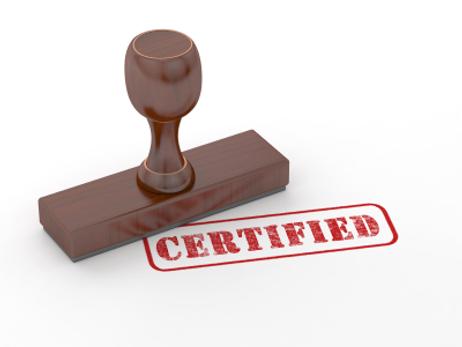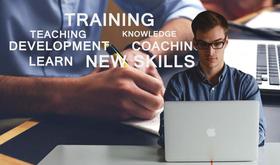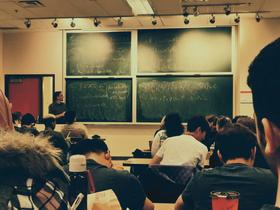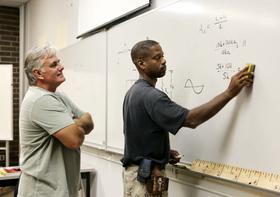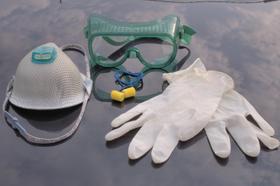STEM education (science, technology, engineering, and mathematics) has become the edge the U.S. needs to compete in the global workforce of the 21st century. How to get that education is now a source of discussion for business and education leaders. The shift from four-year schools to a two-year degree is a pronounced one, and while it may not be right for everyone, it is a key component in the economic health of this country. Are community colleges becoming the new leader in STEM education?
The Rise of STEM
Community College Week reported on 2012 data released by the President’s Council of Advisors on Science and Technology that suggested that if the U.S. is to remain a STEM leader, the country must produce one million more STEM graduates than current rates projects. The Atlantic reports that according to a 2011 STEM report from the Center on Education and the Workforce at Georgetown University, 92 percent of STEM workers will need post-secondary education by 2018. Around 35 percent of that number will require training at the community college level, while another 65 percent will need baccalaureate degrees.
STEM fields are extensive today, including a wide range of engineering and science industries. Some of the fields currently being transformed by innovations in science and technology include construction, advanced manufacturing, healthcare, biotechnology, transportation, and energy. STEM might include work with computers, electricity, biochemistry, statistics, engineering, and geography. There will also be a demand for teachers who can




